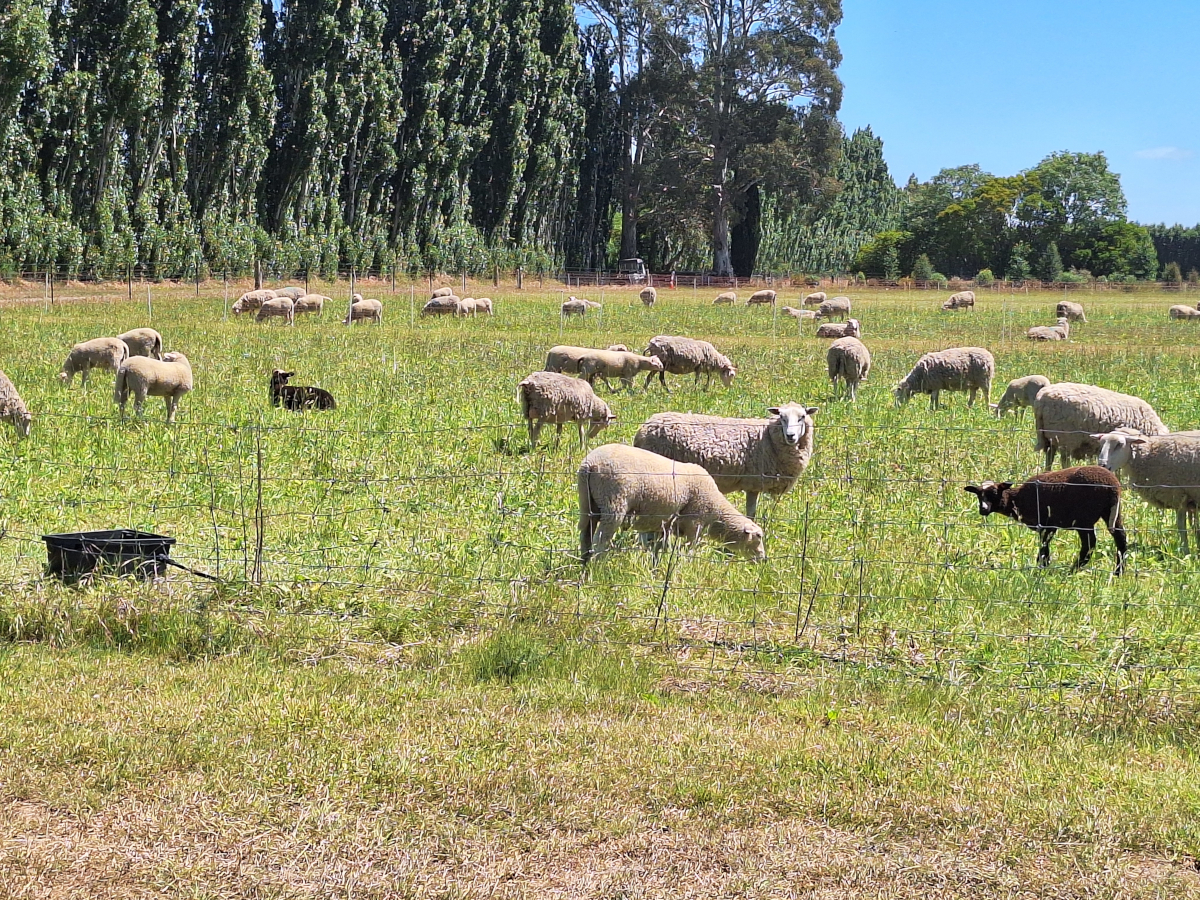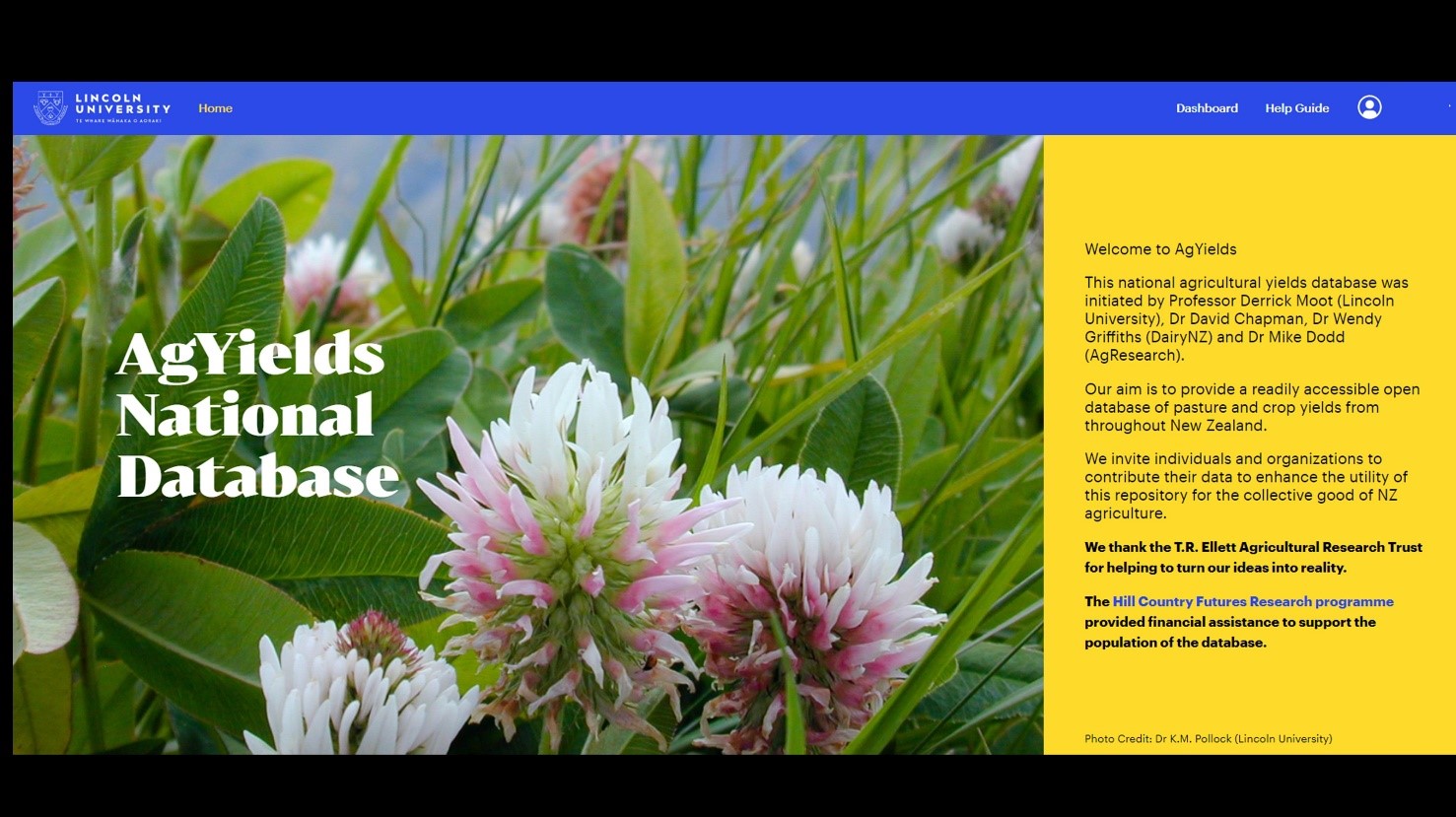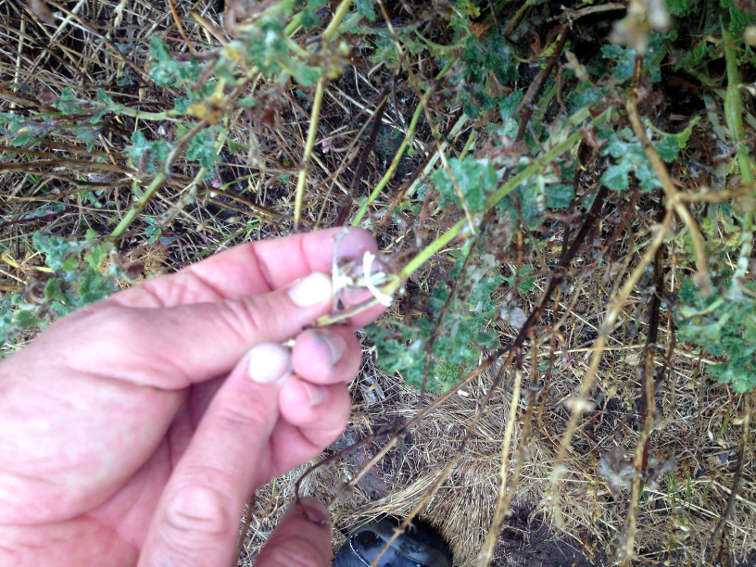Management decisions as the dry sets in at Lincoln
The fire currently burning at Castle Hill is indicative of the dry conditions many parts of the east coast have experienced this winter/spring. We have just weaned at Lincoln and have started the ewes and lambs on a leader follower rotation around the lucerne. The weaned lambs are staying on lucerne to avoid a check … Read more








